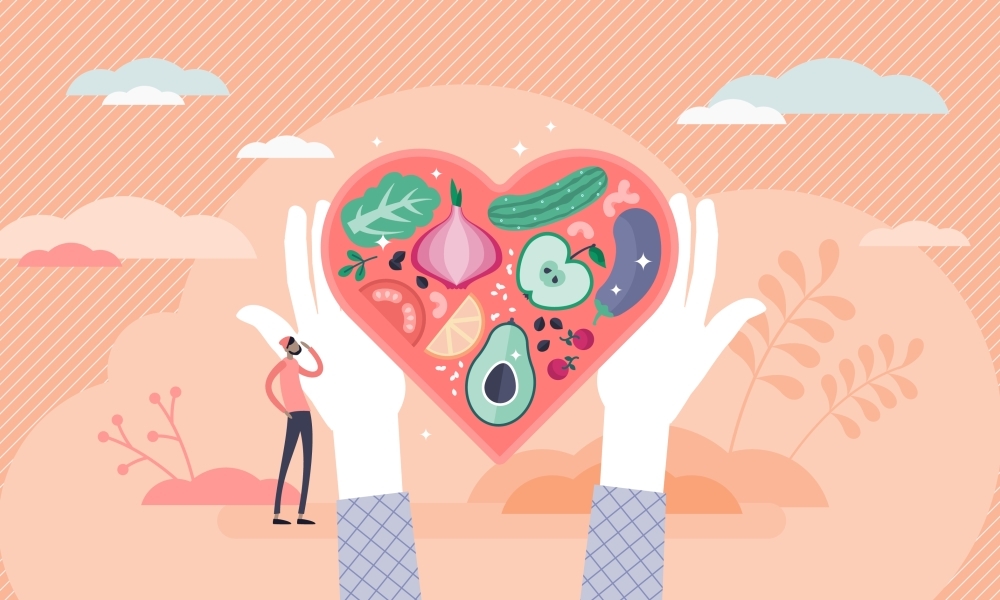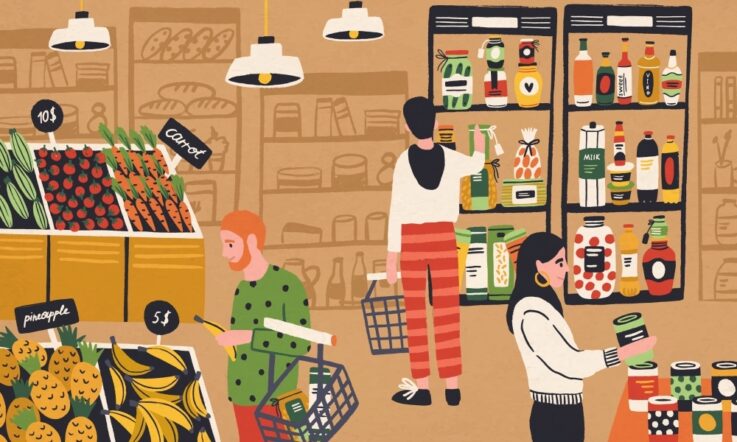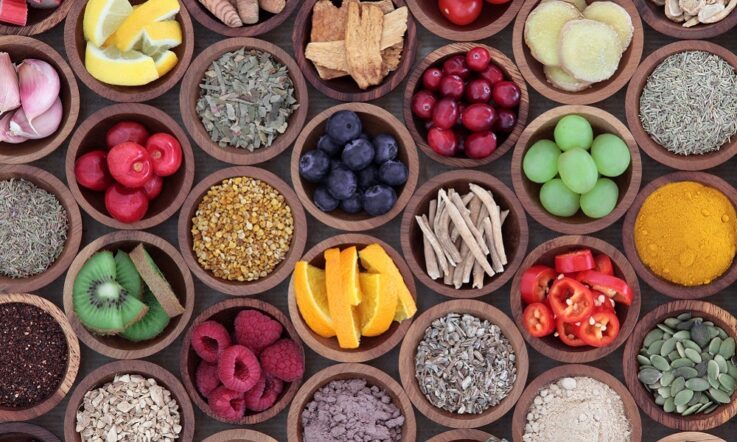It’s National Heart Week this week, a week dedicated to raising community awareness of heart health and the steps we can take to reduce our risk of heart disease. Understanding the foods that can support heart health can be a powerful first step.
It’s National Heart Week this week, a week dedicated to raising community awareness of heart health, and, of course, to chat with our GP about getting a heart check.
Heart health is an important component of our overall health and wellbeing. We can be classified as higher risk of heart disease due to genetic factors beyond our control, but also as a result of certain lifestyle factors, like physical inactivity, smoking, alcohol consumption, and consuming an unhealthy diet.
Prioritising your diet and implementing healthy eating habits can be an empowering way to take charge of your heart health.
‘Following a heart-healthy eating pattern is exactly that, it’s a pattern or a way of eating. It’s not about one single food or nutrient but a pattern of eating over the course of weeks, months and years that’s most important,’ Jemma O’Hanlon, Accredited Practising Dietitian and Senior Food and Nutrition Advisor at the Heart Foundation, tells Wellbeing by Teacher.
‘Focus on little enhancements to your diet that are sustainable and that you can incorporate into your everyday lifestyle. Don’t beat yourself up over one little slip, we all have them.’
Misconceptions about diet and heart health
O’Hanlon says one of the biggest misconceptions around diet and heart health is the myth that all fats are bad for us.
‘In fact, what we know is that there are different types of fats and some offer protection for the heart whilst others increase our risk of heart disease,’ she explains.
‘Good fats’ are known as monounsaturated and polyunsaturated fats, and some foods containing these are:
- Avocados
- Olives
- Nuts
- Seeds
- Healthy oils (for example, olive, canola, sunflower, peanut and soybean oils)
Heart-healthy food choices
Other than healthy fats, there are a range of other food sources that are considered heart-healthy choices. They include:
- Fruit and vegetables
- Wholegrains
- Milk, yoghurt, and cheese
- Lean proteins
- Herbs and spices
‘When it comes to fruit and vegetables, colour is key, so aim to enjoy a variety of different fruit and veg,’ O’Hanlon shares.
Wholegrains like oats, grainy bread, and brown rice are good for our hearts because they’re a good source of fibre, which can help to reduce cholesterol. A simple swap to increase your intake of wholegrains could be ditching a highly processed cereal for your first meal of the day to a natural muesli or porridge.
‘Choose unflavoured dairy or alternatives with no added sugar,’ O’Hanlon advises, ‘and when it comes to lean proteins, plant-based proteins such as beans, lentils and chickpeas are a wonderful choice, as well as fish and seafood.’
Another useful tip is to try seasoning your food with herbs and spices instead of salt to help keep your blood pressure under control.
Aiming for healthy patterns and habits
It will be of no surprise that highly processed foods are what we should be limiting in our diet for a healthy heart. Examples of highly processed foods include cakes, pastries, chips, lollies and alcohol. These foods can be high in sugar, salt, saturated fats and trans fats, which can increase our risk of heart disease.
‘If you’re unsure how nutritious a packaged food is, flip it over and check out the nutrition panel. Use our handy label reading tips to help you make the best choice,’ O’Hanlon shares.
‘Focus on the bigger picture and set yourself some small, achievable goals such as cooking an extra night each week instead of having takeaway, swapping from white to wholegrain bread or swapping your salty snacks before dinner for veggie sticks and hummus. Little changes all add up over time and will go a long way in protecting your heart.’





